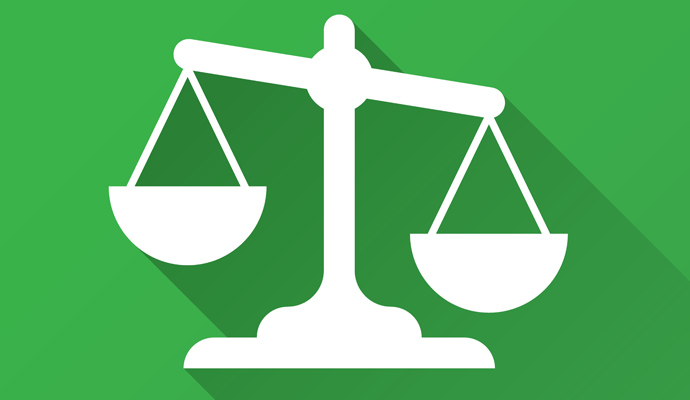Judge OKs 2020 Site-Neutral Payments, But Criticizes CMS Policy
A federal judge denied hospitals’ request to strike down site-neutral payments for hospital clinic visits in 2020 but said CMS appears to be acting “above the law.”

Source: Getty Images
- Hospitals will still get paid the reduced rate for certain clinic visits in 2020 despite a federal judge striking down the site-neutral payment policy earlier in 2019.
In an opinion filed on Dec. 16 and published by the American Hospital Association (AHA), US District Judge Rosemary M. Collyer denied a request from hospitals to halt CMS’ implementation of a site-neutral payment policy impacting hospital outpatient departments, which was struck down earlier this year.
Collyer ruled against the policy in September, arguing that CMS could not reduce rates for certain hospital outpatient services in a non-budget-neutral manner. The agency had attempted to decrease the rates for the services in the final rule for the 2019 Outpatient Prospective Payment System (OPPS) in order to bring the payments in line with the rates paid to physicians performing the same services in the office setting.
Despite the ruling against the site-neutral payment policy, CMS included the next phase of the policy’s implementation in the final rule for the 2020 OPPS.
The AHA, which first brought the lawsuit against CMS, argued that the 2020 rate cuts for certain hospital clinic visits are illegal given the judge’s decision to throw out the original site-neutral payment policy in the previous year’s OPPS final rule. The hospital group urged Collyer to stop CMS from enforcing the policy before the rate cuts are slated to take effect on Jan. 1, 2020.
However, the district judge could not grant the AHA and other hospital plaintiffs their request. Collyer explained that her decision to block site-neutral payments cuts only applied to claims filed in 2019 and the court does not currently have jurisdiction to expand its ruling to payments that will be made in 2020.
“[A]s a technical matter, the government correctly argues that the Court’s previous order was limited only to the 2019 Final Rule,” she wrote in her opinion.
To stop the payment cuts in 2020, hospitals will have to wait until the site-neutral payment policy harms them, meaning they receive reduced reimbursement for a hospital clinic visit claim next year.
However, Collyer criticized CMS for building the site-neutral payment policy into the final rule for the 2020 OPPS.
“To be clear, CMS clearly disregarded the substance of the Court’s decision in AHA I when it relied on the same ultra vires reasoning to justify its 2020 reimbursement rates,” she explained. “CMS has now intentionally placed itself in a position to suffer those same alleged harms, which calls its argument into serious question and appears to set the agency above the law.”
In response to Collyer’s opinion, the AHA’s general counsel Melinda Hatton said that the association and other plaintiffs are confident that the court system will determine the 2020 payment cuts to be illegal just as it did in 2019.
CMS’ parent organization plans to appeal Collyer’s original decision, according to an announcement from last week. HHS said on Dec. 12 that it intends to ask the US Court of Appeals to reverse the district court’s ruling in favor of the AHA and other hospital organizations.
CMS also announced that week that it will repay hospitals impacted by the site-neutral payment policy in 2019. The agency has already started to automatically reprocess claims for hospital outpatient services paid at the reduced rate to abide by the Collyer’s decision to overturn the policy. Hospitals can expect the claims to be reprocessed by their Medicare Administrative Contractors starting in the new year.
